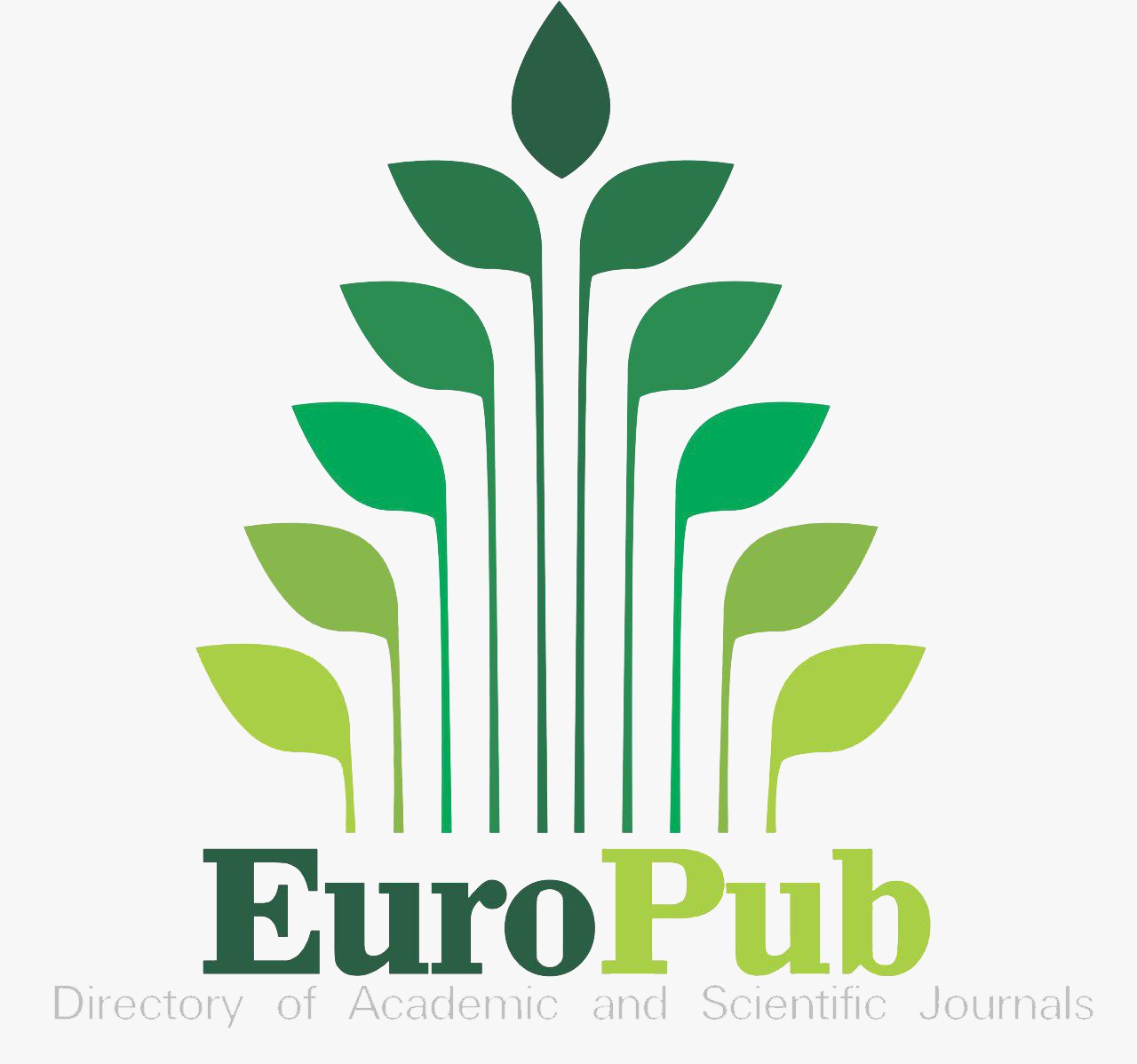THE STATE OF RURAL EDUCATION IN TIMES OF MODERNITY: AN ANALYSIS OF PROGRESS, STAGNATION AND SETBACKS IN COLOMBIA
DOI:
https://doi.org/10.56219/dialctica.v1i26.4376Keywords:
gap, modernity, advancement, quality, training.Abstract
Colombian rurality continues to be a topic of abundant discussion, and not for nothing, since much is said and little is done. There are numerous documents that attest to all that has been proposed to improve rural education and to contextualize educational plans and strengthen teaching resources through training and education framed in the realities of the Colombian countryside. Among some very important topics are access and coverage, educational quality, technology and modernity, educational gaps, inclusion, public policies, educational crisis, teacher training and other challenges that emerge as time goes by and the plans and projects proposed for Colombian rural education are not consolidated. Within this framework, Colombia follows the route for the creation of proposals, in fact, very tempting for improvement, but applied half-heartedly and without concrete results on what is to be remedied, reaching states of low quality, low coverage, high dropout and little promotion. This article seeks to emphasize the need to be pragmatic, organizing curricula focused on rural needs, training teachers with culture and knowledge about rurality and field work, emphasizing the need to have love and vocation for the countryside. All of the above can be summed up, if not in setbacks, then in stagnation and little progress towards a modern rurality, with quality in training and in lifestyles and quality of life.
Downloads
References
Carrillo, P. B., Casas M. A, F (2024) Agenda ODS. ¿Cómo avanza Colombia? ¿Cuáles territorios están más rezagados? SINEB. Ministerio de Educación Nacional. https://portalsineb.mineducacion.gov.co/1782/articles-412175_Agenda_ODS.pdf
Constitución Política de Colombia. Art. 64, 65. 7 de julio de 1991 (Colombia).
Decreto 1075 de 2015 con fuerza de ley. "Por medio del cual se expide el Decreto Único Reglamentario del Sector Educación. 26 de mayo de 2015. Diario Oficial No. 49523 del 26 de mayo de 2015.
Hacia una escuela nueva para el siglo XXI (2006) Guías de formación docente en estrategias para el mejoramiento de la educación básica y para el aprendizaje personalizado y colaborativo. Fundación escuela nueva volvamos a la gente. Quebec World Bogotá S. A.
Hechavarría G, C. V., Vanegas, G., J. H., Meléndez, L. G., & Bernal O., J. S. (2019). La educación rural “no es un concepto urbano.” Revista Universidad De La Salle, 1(79), 15–40. https://doi.org/10.19052/ruls.vol1.iss79.2 DOI: https://doi.org/10.19052/ruls.vol1.iss79.2
Ley 115 de 1994, Ley general de educación. Por la cual se expide la ley general de educación. 8 de julio de 1994. Diario Oficial No. 41.135 del 8 de febrero de 1994.
Ministerio de educación Nacional (2001) Altablero. El periódico de un país que educa y que se educa. https://www.mineducacion.gov.co/1621/article-87159.html
Ministerio de Educación Nacional (2012) Manual para la formulación y ejecución de planes de educación rural. Calidad y equidad para la población de la zona rural. https://www.mineducacion.gov.co/1780/articles-329722_archivo_pdf_Manual.pdf
Ministerio de Educación Nacional (s/f) Modelos educativos flexibles. https://www.mineducacion.gov.co/portal/Preescolar-basica-y-media/Modelos-Educativos-Flexibles/
SINEB (2024) Anuario estadístico de Educación Preescolar, Básica y Media 2015 – 2023. https://portalsineb.mineducacion.gov.co/portal/secciones/Publicaciones/412174:Boletines
Downloads
Published
How to Cite
Issue
Section
License

This work is licensed under a Creative Commons Attribution-NonCommercial-ShareAlike 4.0 International License.
La revista Dialéctica conserva los derechos patrimoniales (copyright) de las obras publicadas, que favorece y permite la reutilización de los mismos bajo la licencia Creative Commons Atribución-NoComercial-CompartirIgual 4.0 , por lo cual se pueden copiar, usar, difundir, transmitir y exponer públicamente, siempre que se cite la autoría y fuente original de su publicación (revista, editorial, URL y DOI de la obra), no se usen para fines comerciales u onerosos y se mencione la existencia y especificaciones de esta licencia de uso. Si remezcla, transforma o crea a partir del material, debe distribuir su contribución bajo la misma licencia del original.















